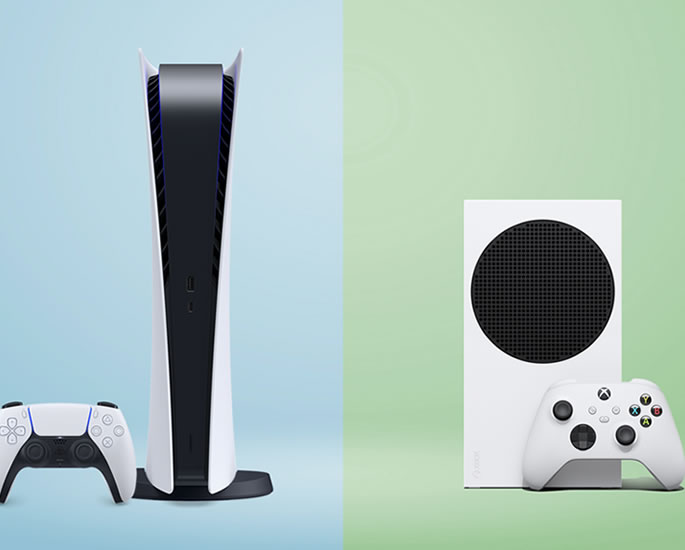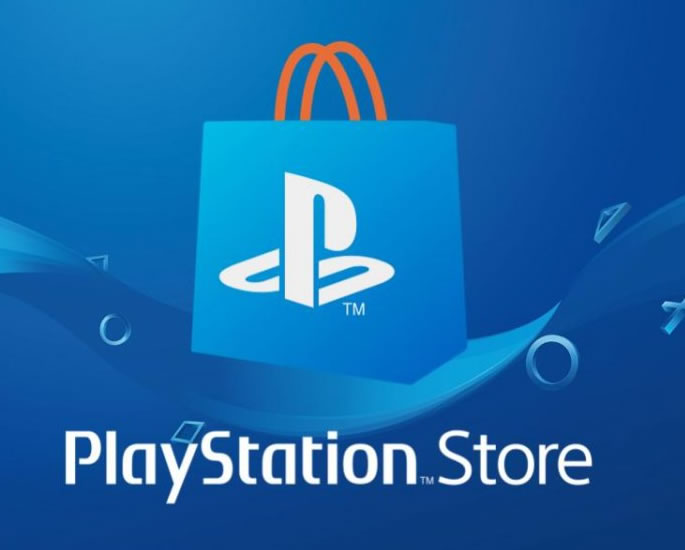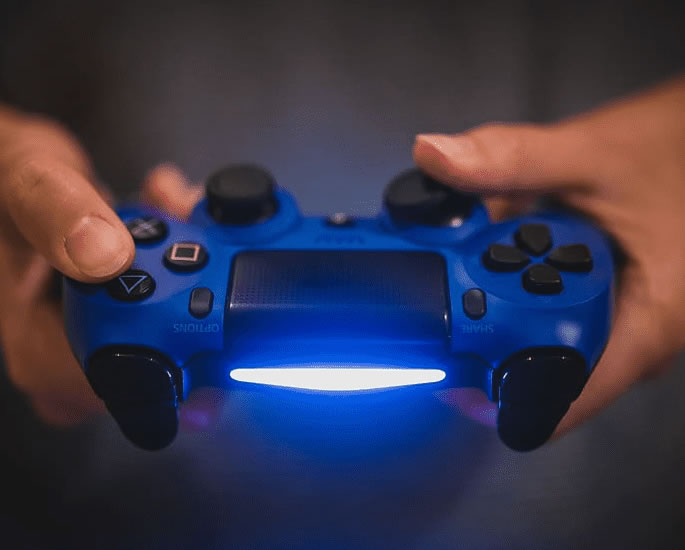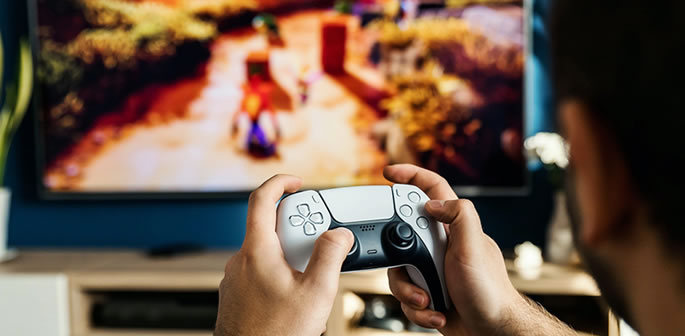digital games have become the main method of gaming.
With the release of the ninth-generation consoles in 2020, there has been an increase in people buying digital games.
The PlayStation 5 Digital Edition and Xbox Series S are the first consoles to be solely compatible with digital games.
Digital games are purchased from either the PlayStation Store or Microsoft Store, depending on the console you have, and the game downloads directly to your console.
The convenience of downloading a game rather than buying one from a shop has led to a rise in digital games.
And while these consoles have disc-compatible versions, there is some concern that disc-based gaming will die out.
We explore how digital games have become popular and whether they will completely wipe out disc-based gaming.
How did Digital Games become Popular?

Digital gaming first came to the fore during the early 1980s.
GameLine was a dial-up game distribution service which allowed Atari 2600 players to use a specialised cartridge to connect through a phone line to a central server and rent a video game for up to 10 days.
The service was discontinued during the video game crash of 1983 but it failed to hinder the growth of digital games.
As shown by its popularity today in comparison to physical discs, digital games have become the main method of gaming.
For PC, disc-based games now only account for only two per cent of the overall sales made per year.
While it is true that PC went digital many years ago and has been incredibly successful, consoles such as Xbox, PlayStation and Nintendo face a different situation.
The price competition on PC ensures video game pricing remains consistent and relatively cheap for consumers. If one market platform raises its prices, a competitor will undercut them.
However, with digital game-only consoles, there is no competition as you can only buy from that console’s brand store.
Digital games also limit game sharing. No longer will people be able to buy a game, play it and then lend it to a friend.
But there are some workarounds. One example is PlayStation’s primary PlayStation system, which allows separate users to install and access the game on two separate consoles.
The time it takes to download a game versus going to buy a physical copy can vary massively, although the latter is commonly the faster option in areas that suffer from poor connection.
The Inflation of Digital Game Prices

The price of digital games and physical games can fluctuate heavily.
One example of this is Red Dead Redemption 2, which is currently being sold for £54.99 on the PlayStation Store.
But a physical copy on Amazon costs just over £20.
Having a digital game-only console prevents you from being able to shop around for the best deal, which can prove costly over time.
But the increase in price has always been universal on digital platforms.
When interviewed by CNBC regarding mobile phone app stores, Epic Games’ CEO Tim Sweeney said:
“Apple has locked down and crippled the ecosystem by inventing an absolute monopoly on the distribution of software, on the monetisation of software.”
As well as that “Google essentially intentionally stifles competing stores by having user interface barriers and obstruction”.
Whether or not this price inflation will continue is unknown but a lawsuit filed against Sony in August 2022 accused the company of “ripping people off” through its PlayStation store by charging a 30% commission for any digital game purchase.
Furthermore, digital games cannot be bought second-hand, only refunded from the store it was bought from.
PlayStation’s refund policy states that a request can be made within 14 days if “requests are for games in which you haven’t accumulated a significant amount of playtime”.
Can you own a Digital Game?

Once purchased, digital games are not solely owned by the consumer.
In July 2022, Ubisoft appeared to remove access to Assassin’s Creed Liberation from players who had purchased the game.
The unlisting of a game to prevent any further purchases is not uncommon. One of the most frequent reasons is a legal dispute over music or another component of the game.
But removing access from those who have already bought the game raises many questions on the present and future integrity of digital games, even more so as no refunds were given for Assassin’s Creed Liberation‘s removal.
This is not the first time the removal and restriction of a digital game has happened.
In 2015, Hideo Kojima’s PT (Playable Teaser) for a new Silent Hill game was removed from the PlayStation store when development was cancelled.
Users who had downloaded the free game were able to still have access to it but only on the PlayStation 4 system they had installed it on.
When it comes to physical disc games, they were the basis of video games. They generated business for the production of discs and contributors. The prices were also justified due to their production.
However digital games allow game companies and even independent developers to sell without the need for production and distribution as video games are simply downloaded to a console via the internet.
Furthermore, if a user is finished with a game or needs to clear storage space, they can be simply deleted from the drive.
On the other hand, discs may take up unnecessary space in the home.
The Environmental Impact of Digital Gaming

As digital games do not require a disc, fewer materials are used in production and distribution, reducing the immediate environmental impact.
Although this puts furthermore strain on the storage space of consoles and PC.
Next-generation consoles, namely the Xbox Series X/S and the PlayStation 5, both use solid-state drives.
This gives them significantly more storage space whilst reducing electricity consumption as they are no moving parts.
However, in a joint study performed by the University of Wisconsin-Madison and the University of British Columbia, it was found that SSDs had a significantly larger environmental impact than hard disc drives.
Most of the pollution was found in how SSDs are manufactured. Manufacturing requires a high amount of electricity to bond and refine the materials used to create them.
However, action has been taken to tackle this and in an update on Xbox in January 2023, Microsoft announced that the Xbox series X/S are now the first gaming consoles to offer carbon-aware game downloads and updates.
This means that the Xbox series X/S and future consoles will optimise updates and downloads to run at a time when the console can use the most renewable energy.
In an interview with WIRED in March 2022, Microsoft’s Corporate Vice President of Cloud Gaming, Kareem Choudhry said:
“If people are going to choose to play games, we want to be as efficient as we possibly can in delivering that experience, either via a console or a data centre in a streamed environment.
“We’re working pretty hard on those issues, all within the envelope of the broader Microsoft carbon neutral initiative.”
Sony also has recommendations on their website detailing the best method of gaming to reduce the PS5’s carbon footprint.
It does this by considering the file size of the game, playtime and broadband speed. It then recommends either digitally downloading the game or streaming it via the cloud.
Cloud gaming involves game data being streamed over the internet during play. This eliminates the need for system storage beyond necessary software, increasing portability.
But streaming games from the cloud requires a reliable internet connection. This creates a similar carbon footprint to disc-based or digital gaming as the servers it connects to demand an equivalent amount of energy to process and send game data.
While disc-based gaming is still prevalent, the convenience of digitally downloading a game makes things far easier.
As time goes on, gamers may switch to digital games completely for easy access to new releases.
Gaming manufacturers have begun launching digital-only consoles so this could be the beginning of the end for disc-based gaming.
But some gamers still prefer owning physical copies of video games so this is something to consider.
Nevertheless, digital games will continue to grow for the foreseeable future.






























































